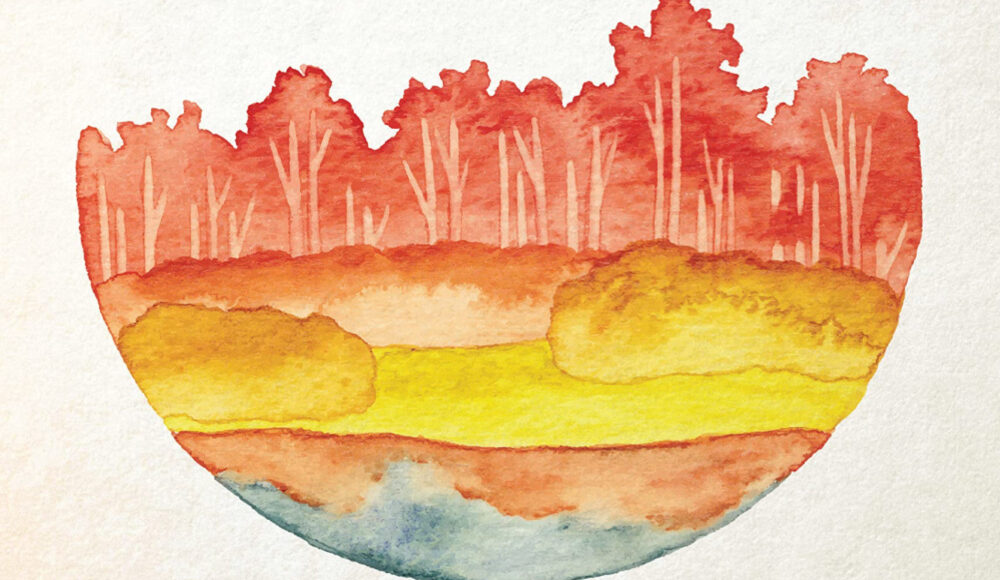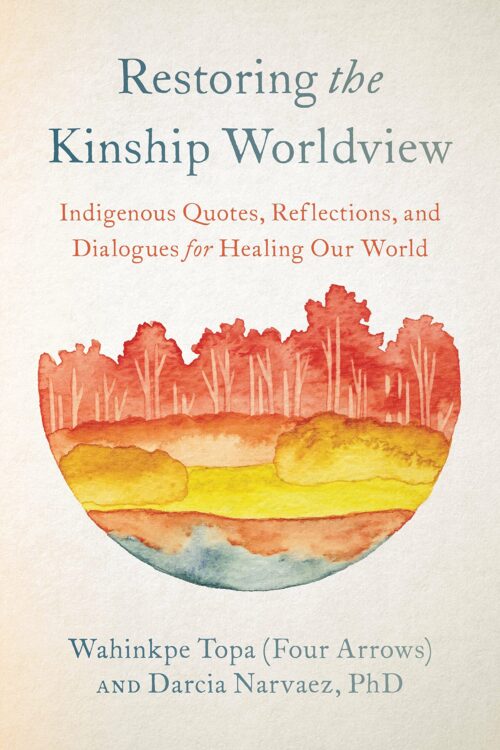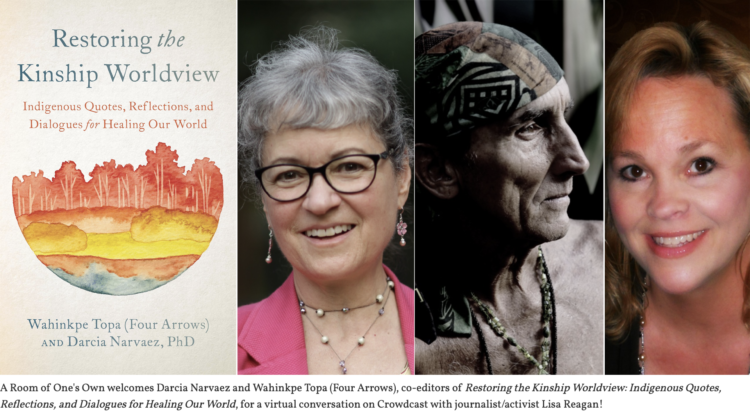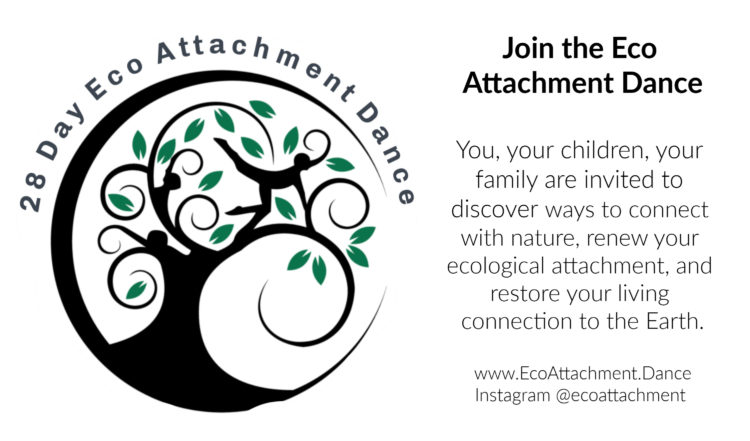Restoring Our Kinship Worldview: Indigenous Voices Introduce 28 Precepts for Rebalancing Life on Planet Earth – A Podcast Interview With the Authors
Four Arrows and Darcia Narvaez take each brief quote as the seed for a conversation regarding one or another element of the kincentric worldview—a vision of our earth not as a collection of objects and objective, mechanical processes, but as an interactive community of sensitive and sentient powers: a communion of subjects.”
—DAVID ABRAM, author of Becoming Animal and The Spell of the Sensuous
Listen to the podcast interview:
The Purpose Of Kinship Worldview
From the book’s epigraph:
According to the United Nations 2019 Global Assessment Report on Biodiversity and Ecosystem Services:
“The findings of this Assessment…are based on an unprecedented collection of evidence, integrating natural and social science perspectives, a range of knowledge systems and multiple dimensions of value. This is the first global-level assessment to systematically consider evidence about the contributions of indigenous and local knowledge and practices to the enhancement and maintenance of wild and domesticated biodiversity and landscapes.” (1)
“The report shows that 75% of the land-based environment and about 66% of the marine environment have been significantly altered by human actions. On average, these trends have been less severe — or avoided — in areas held or managed by Indigenous Peoples.” (2)
“The notion of a good life that most Indigenous Peoples share is deeply relational: the relation to the land with all its interconnected human and nonhuman inhabitants constitutes their collective self-understanding as community. Livelihoods sovereignty is an essential condition to keep this bond. These contributions of nature to notions of a good life may be under threat as access to nature—or key components of nature—are lost.” (3)
“Consumption patterns area fundamental driver of material extraction, production, and flows, but they too are driven—by worldviews and notions of good quality of life.” (4)
“The loss of Indigenous languages is potentially a major problem for value diversity and authenticity. In many regions, community values that support sustainable trajectories using indigenous knowledge are at risk of extinction, which results in the loss of biodiversity. The value of the knowledge-practice-belief complex of Indigenous Peoples relating to conservation of biodiversity are central to the sustainable management of ecosystems and biodiversity.” (5)
Sociocultural framings, norms, worldviews and relational values influence the outcomes of sociotechnological innovations enormously. Nevertheless, these factors remain largely overlooked in studies on sustainable sociotechnological transformations. (6)
From Restoring the Kinship Worldview by Wahinkpe Topa (Four Arrows) and Darcia Narvaez, published by North Atlantic Books, copyright © 2022 by Wahinkpe Topa (Four Arrows) and Darcia Narvaez. Reprinted by permission of North Atlantic Books.
Four Arrows
Born in 1946 with the given name, Donald Trent Jacobs, in honor of his Uncle who died on VJ day in WWII, Four Arrows was made a relative of the Oglala, Lakota and a member of the Medicine Horse Tiospaye after completing his Sun Dance vows while living and on the Pine Ridge Reservation and serving as Director of Education at Ogalala Lakota College. His mother and her family claimed Cherokee heritage but he had no exposure to the culture while growing up. After his experiences with the Raramuri of Mexico as described in his book, Primal Awareness, he obtained a doctorate in education focusing on Indigenous worldview from Boise State University. He was selected by AERO for their text Turning Points as one of 26 visionaries in education and his many books, chapters, peer- reviewed papers, journal articles and online presentations have made him an internationally recognized and respected authority on decolonizing, counter-hegemonic democracy and Indigeneity. His work has been endorsed by such notables as Vine Deloria, Jr., Greg Cajete, Daniel Wildcat, Ed McGaw, Rebecca Adamson, Noam Chomsky, Vandana Shiva, Bill McKibben, Thom Hartman, John Pilger and many others. Recipient of a Martin-Springer Institute Moral Courage Award for his activism in behalf of American Indians, he is currently a professor at Fielding Graduate University where he has chaired many dissertations for Indigenous students and others interested in Indigenous life ways. He and his wife, Beatrice Angela, live in Mexico and British Columbia, where eco- activism, surfing, handball, horses, music and grandchildren are important focuses.
Darcia Narvaez
Professor Emerita of Psychology at the University of Notre Dame, Darcia Narvaez researches moral development and human flourishing from an interdisciplinary perspective, integrating anthropology, neuroscience, clinical, developmental and educational sciences. Her earlier careers include professional musician, business owner, classroom music teacher, classroom Spanish teacher and seminarian, among other things. She grew up as a bilingual/bicultural Puerto Rican but calls the earth her home. Dr. Narvaez’s current research explores how early life experience influences wellbeing and moral character in children and adults. She is a fellow of the American Psychological Association and the American Educational Research Association and former editor of the Journal of Moral Education. She is on the advisory boards of Attachment Parenting International, Your Whole Baby, and the Self Reg Institute and is president of Kindred. She has numerous publications, including more than 20 books such as Indigenous Sustainable Wisdom: First Nation Know-how for Global Flourishing; Basic Needs, Wellbeing and Morality: Fulfilling Human Potential and Embodied Morality: Protectionism, Engagement and Imagination. A recent book, Neurobiology and the Development of Human Morality: Evolution, Culture and Wisdom won the 2015 William James Book Award from the American Psychological Association and the 2017 Expanded Reason Award. She blogs for Psychology Today (“Moral Landscapes”) and hosts the webpage EvolvedNest.org.
Discussion Questions and Resources
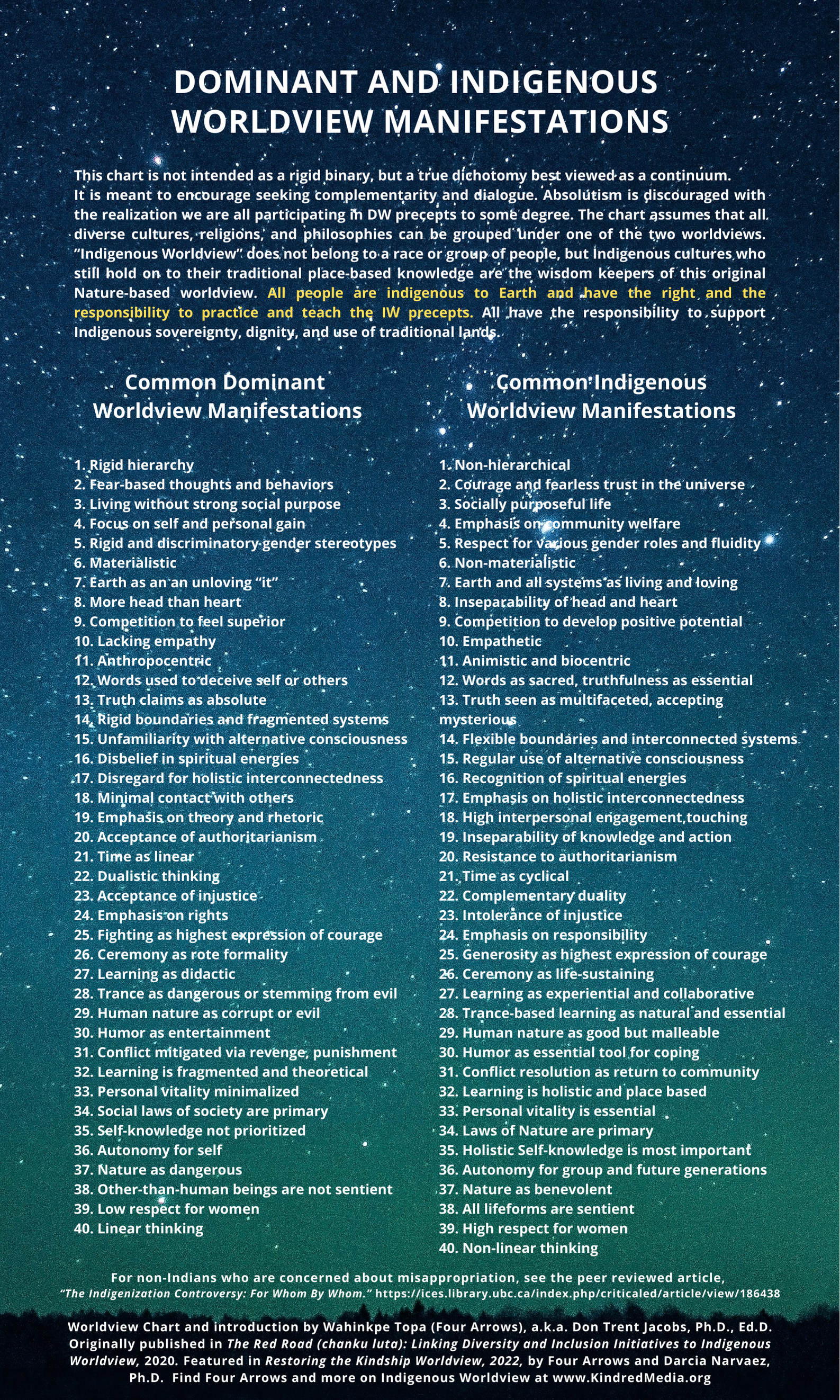
What’s a worldview?
A worldview is a delocalized general sense of how the world works. It’s a cosmology about what humans are, what they should learn, how they should behave and their purpose; how humans relate to the rest of the manifest natural world; and what is our relation to the unmanifest, the spiritual?
Worldview and TEK
Worldview differs from traditional ecological knowledge (TEK) that is localized knowledge Indigenous/First Nation Peoples develops from deep experience in a particular landscape.
So, there are two kinds of Indigenous knowhow missing in the dominant culture that are apparent around the world in First Nation Peoples: the Kinship worldview and TEK. Our book focuses on the former.
How did we lose the Kinship worldview?
Our baselines for normality shifted over time in terms of child raising and cultural practices, downshifting human nature to primate levels. Allowing unfettered inequality has led to endemic Wetiko virus (cannibalistic greed). Modern societies operate trauma-inducing pathways instead of the wellness-promoting pathway we evolved.
How does the Kinship worldview differ from the dominant one?
See the Worldview Chart. Worldview” does not belong to a race or group of people, but Indigenous cultures who still hold on to their traditional place-based knowledge are the wisdom keepers of this original Nature-based worldview. All people are indigenous to Earth and have the right and the responsibility to practice and teach the IW precepts. All have the responsibility to support Indigenous sovereignty, dignity, and use of traditional lands.
“For non-Indians who are concerned about misappropriation, see the peer reviewed article,“The Indigenization Controversy: For Whom By Whom.”
The Worldview Chart and introduction was created by Wahinkpe Topa (Four Arrows), a.k.a. Don Trent Jacobs, Ph.D., Ed.D. and originally published in The Red Road (chanku luta): Linking Diversity and Inclusion Initiatives to Indigenous Worldview, 2020. The chart is featured in Restoring the Kindship Worldview, 2022, by Four Arrows and Darcia Narvaez, Ph.D.
Download your Worldview Chart poster or graphic below:
Kindred Worldview Chart Starry Night Background in PDF format: Download
Kindred Worldview Chart Starry Night Background in PNG format: Download
Kindred Worldview Chart in black and white for printing in PDF format: Download
Kindred Worldview Chart in black and white for printing in PNG format: Download
REFERENCES
[1] S. Díaz et al., Summary for Policymakers of the Global Assessment Report on Biodiversity and Ecosystem Services of the Intergovernmental Science-Policy Platform on Biodiversity and Ecosystem Services (Bonn, Germany: IPBES, 2019), https://ipbes.net/sites/default/files/2020-02/ipbes_global_assessment_report_summary_for_policymakers_en.pdf.
2 Monica Dean, “Key Findings to Know from the IPBES Report On Biodiversity,” United Nations Foundation, May 6, 2019, https://unfoundation.org/blog/post/key-findings-to-know-from-the-ipbes-report-on-biodiversity/.
3 Kai M. A. Chan et al., “Unedited Draft Chapter 31” (Bonn, Germany: IPBES, 2019), 74, https://ipbes.net/sites/default/files/ipbes_global_assessment_chapter_5_unedited_31may.pdf.
4 Chan et al., “Unedited Draft,” 67.
5 Chan et al., “Unedited Draft,” 81–82.
6 Chan et al., “Unedited Draft,” 93.


